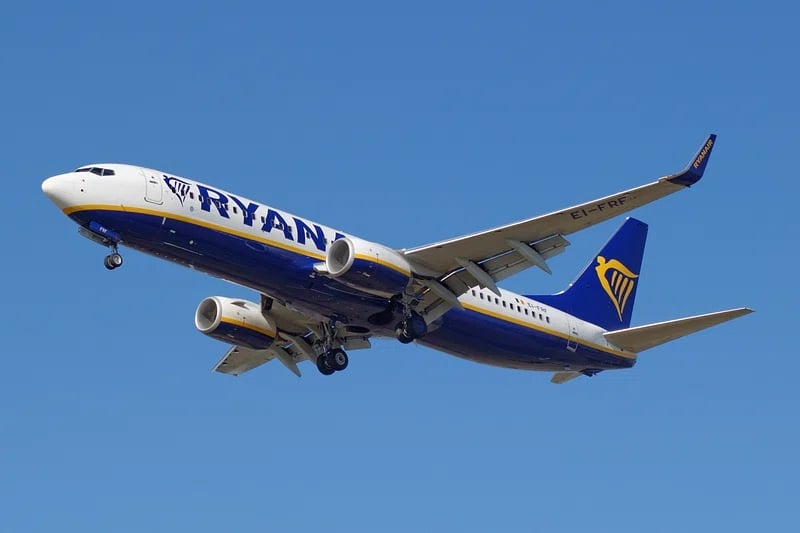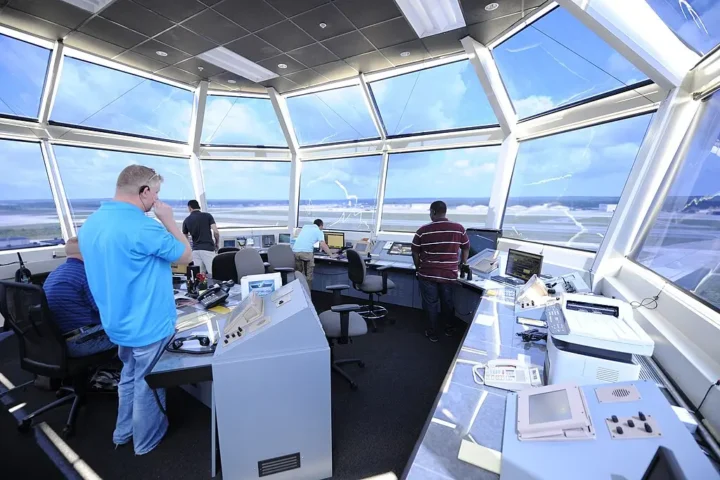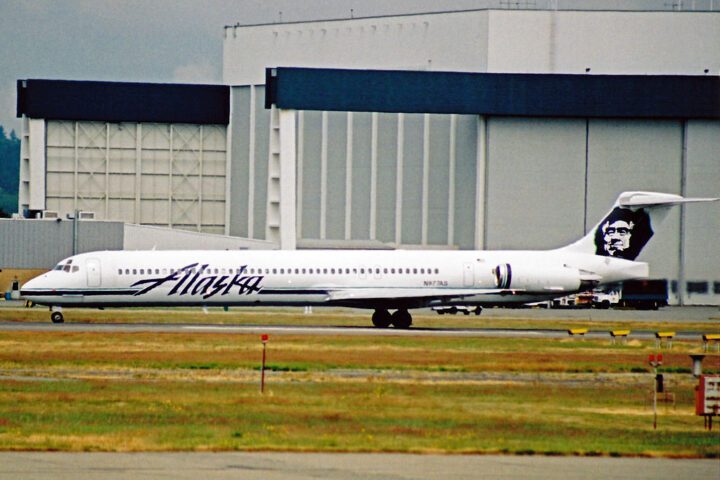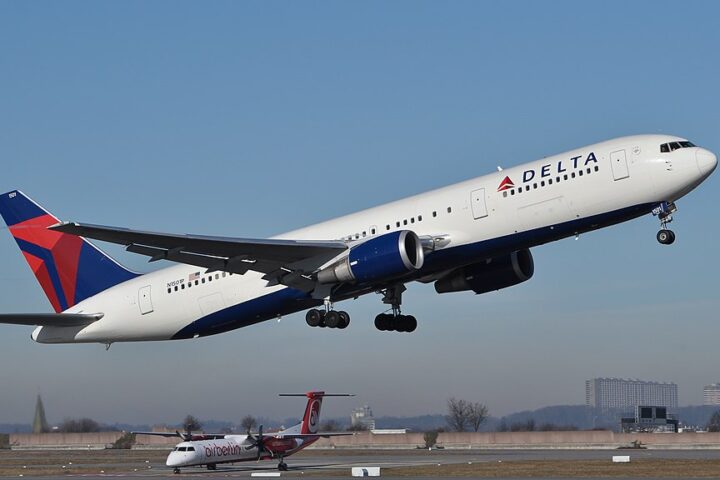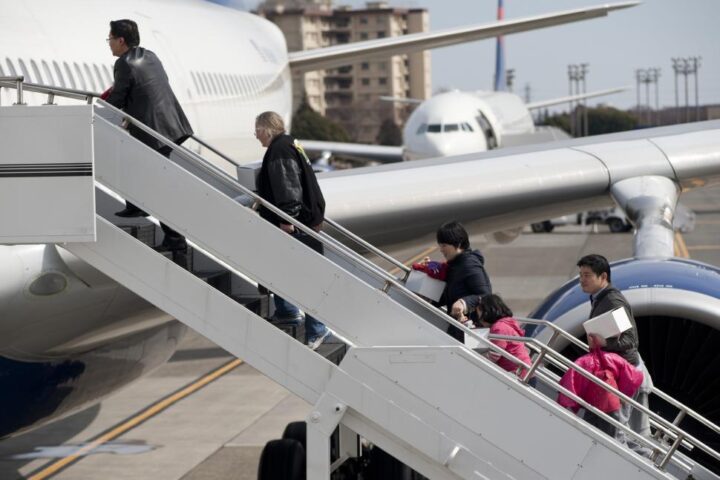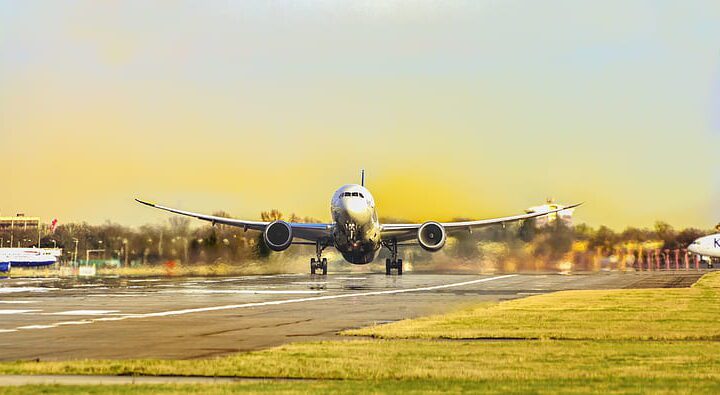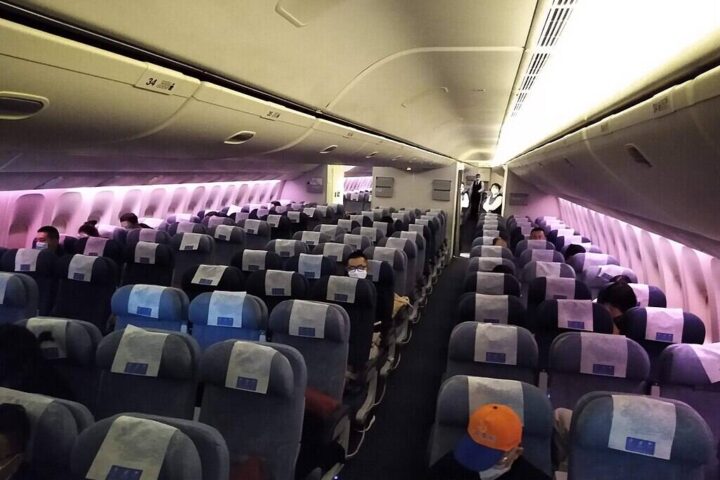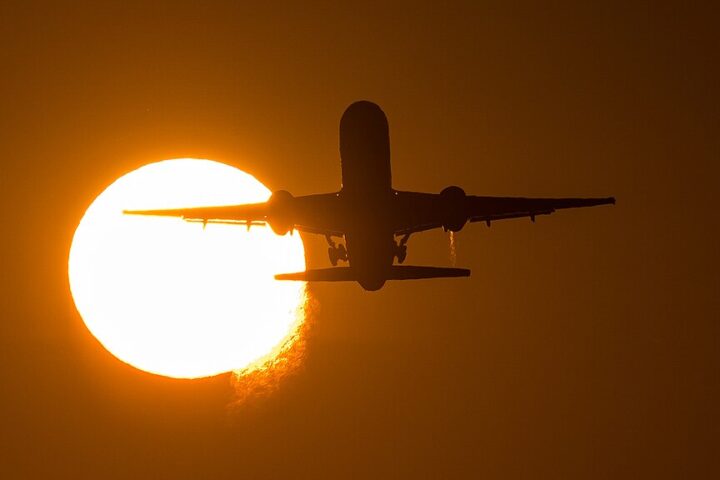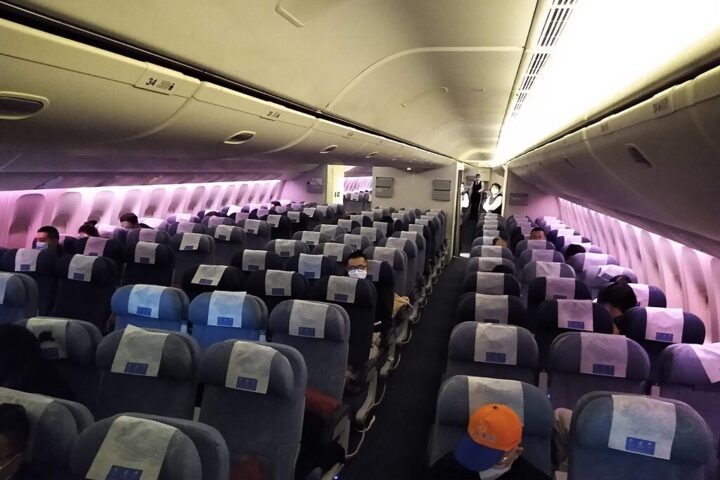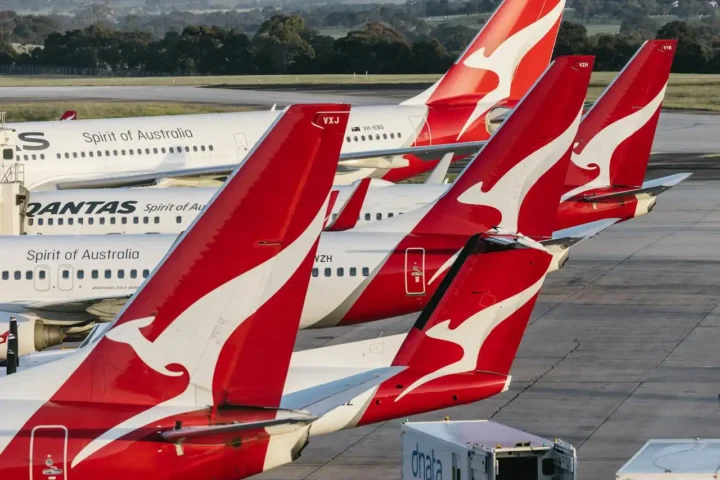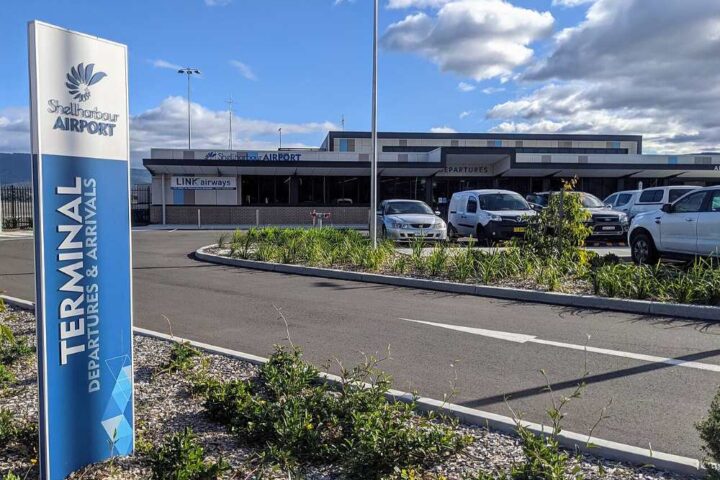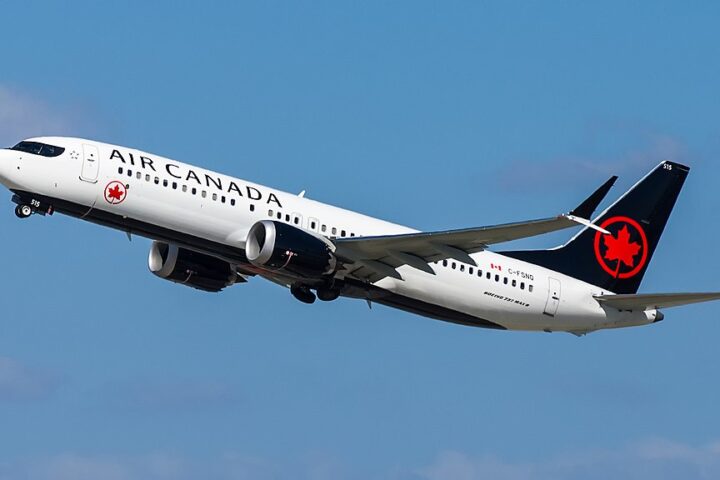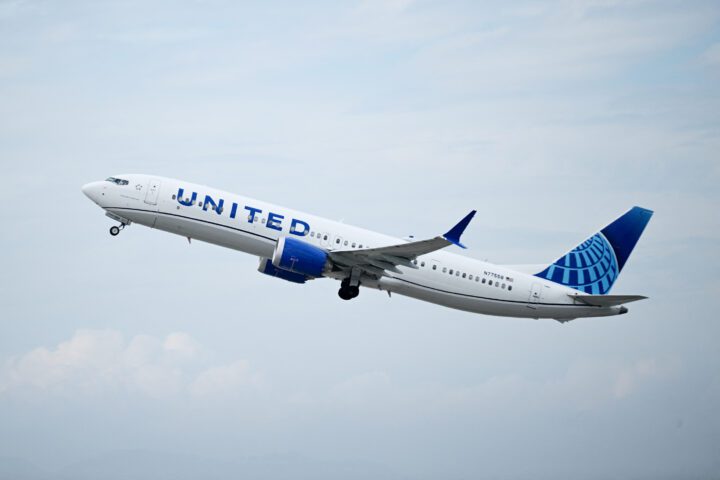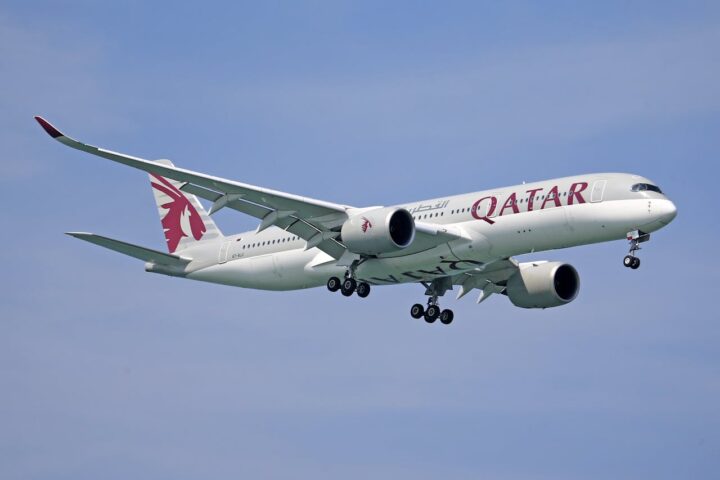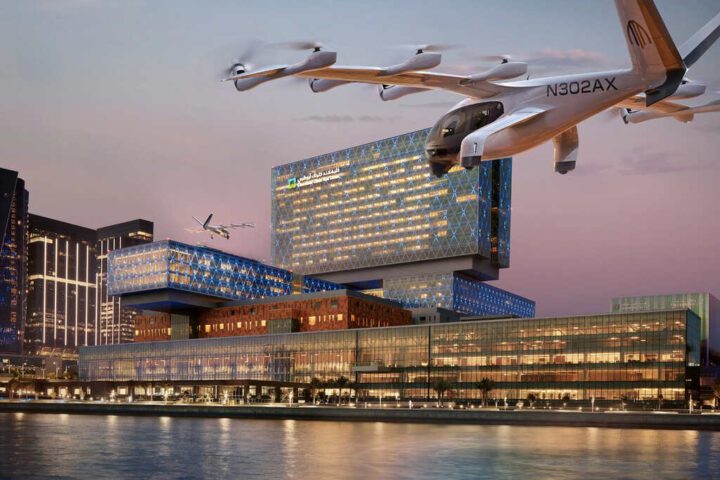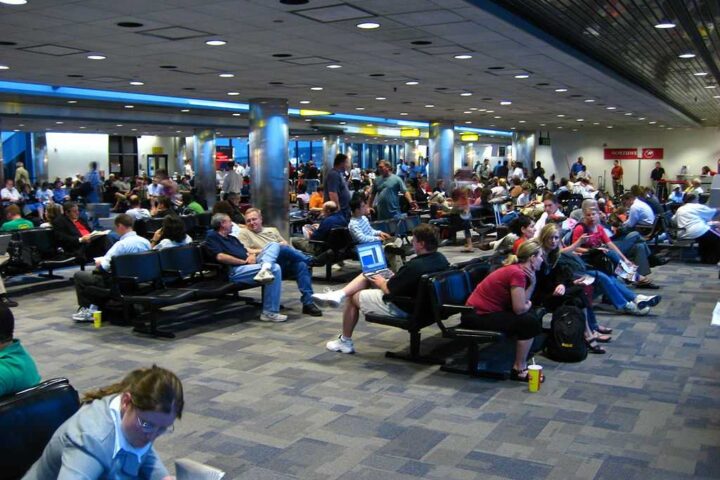Ryanair has canceled 170 flights due to a two-day strike by French air traffic controllers, disrupting travel plans for more than 30,000 passengers during one of Europe’s busiest travel periods. The walkout, which began on July 3, 2025, and continues through July 4, has affected both flights to and from France as well as those simply passing through French airspace.
The strike comes at the start of the French summer holidays known as the “Grand Départ,” creating significant challenges for families heading on vacation. France’s Civil Aviation Authority (DGAC) asked airlines to reduce their flight schedules at airports across the country, with cancellations increasing from 25% to 40% at Paris airports on the second day of the strike.
Michael O’Leary, Ryanair’s CEO, expressed frustration with the situation, saying: “Once again European families are held to ransom by French air traffic controllers going on strike.” He pointed out that many of the canceled flights aren’t even landing in France but simply passing through French airspace.
The impact extends far beyond Ryanair. Industry association Airlines for Europe (A4E) reported that more than 1,500 flights have been canceled over the two-day period, affecting approximately 300,000 passengers across Europe. Other major carriers impacted include easyJet, which canceled 274 flights, and Air France, which reduced its short and medium-haul services.
The strike has particularly affected southern French airports. Over half of all flights to and from Nice airport were canceled, with similar high cancellation rates at Bastia and Calvi airports on the French island of Corsica. At Lyon, Marseille, and Montpellier, airlines were asked to reduce flights by 30%.
Similar Posts:
The UNSA-ICNA union, the second largest labor group representing air traffic controllers, initiated the strike to protest several issues. Their concerns include “chronic understaffing,” outdated equipment, and what they describe as “toxic management practices that are incompatible with the requirements of calm and safety.” The union is also protesting the planned introduction of a clock-in system for controllers.
French Transport Minister Philippe Tabarot condemned the strike, calling the union demands “unacceptable” and noting that carriers would lose “millions of euros” as a result. “Constantly choosing dates that will cause the most inconvenience to passengers does not seem to be the right approach,” he said.
O’Leary has called on European Commission President Ursula von der Leyen to take “urgent action” to reform EU air traffic control services. He wants the EU to ensure that “ATC services are fully staffed for the first wave of daily departures, and by protecting overflights during national ATC strikes.”
“These two splendid reforms would eliminate 90% of all ATC delays and cancellations, and protect EU passengers from these repeated and avoidable ATC disruptions due to yet another French ATC strike,” O’Leary added.
For affected passengers, airlines are required under EU law to offer either a full refund or an alternative routing. While compensation for delays is typically not granted in the case of strikes (classified as “extraordinary circumstances”), airlines must still provide rebooking options or refunds.
Travelers are advised to check their flight status with their airline before heading to the airport and to review their travel insurance coverage, as some policies may not cover strikes outside the airline’s control. Despite the significant disruption, Ryanair noted that it still operated more than 109,000 flights in June, indicating that fewer than 1% of its total flights were affected by recent disruptions. This strike is part of a recurring pattern of air traffic control disputes in France that have affected European air travel over the past two years. Without addressing the underlying issues, further disruptions may continue throughout the summer travel season, similar to how the Middle East airspace crisis has forced global aviation chaos in other regions.
